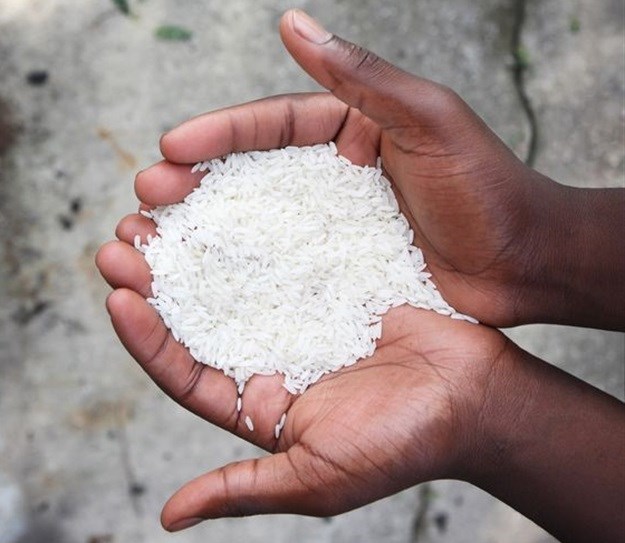
Top stories

Marketing & MediaWarner Bros. was “nice to have” but not at any price, says Netflix
Karabo Ledwaba 8 hours




Logistics & TransportMaersk reroutes sailings around Africa amid Red Sea constraints
Louise Rasmussen 52 minutes

More news



















"Each one percentage increase in food insecurity in a population compels 1.9% more people to migrate," a new report by the World Food Programme (WFP) said.
In addition, 0.4% more people flee a country for each additional year of conflict, it said.
Little or no access to food and other humanitarian assistance compel people to keep moving, and then they also often find due to the hardship of their journey that migration itself can cause food insecurity.
"At WFP, we are doing everything we can to care for refugees who are hungry or starving across the world," said David Beasley, WFP executive director.
"By understanding the dynamics that compel people to move, we can better address what lies at the heart of forced migration and what must be done to end their suffering," he said.
The WFP report includes some accounts that give a sense of the food crisis facing migrants.
A woman who fled Syria to Jordan with her family told the UN: "We had to eat grass to survive. My kids stayed up all night crying because they were hungry."
A man from Deir Ezzor in war-torn eastern Syria told of the suffering he had witnessed: "They made people hungry, stole our produce, closed schools, and prevented people from working."
The total number of migrants worldwide reached 244-million in 2015, and among them a record 63-million were forced to leave their homes, including refugees, displaced people within their countries and asylum seekers, the Rome-based UN agency.
The WFP study also found that armed conflict was what triggered migrants to cross borders, and to a lesser extent natural catastrophes and economic factors. The report also said that displaced people don't want to move away and try to stay close to their place of origin.
"Nearly eight in ten Syrian refugee families interviewed had been internally displaced inside Syria at least once, and 65% twice or more," the WFP said.
The report recommended that the international community invest in food supplies and livelihoods as close as possible to the displaced peoples homes to reduce further displacement and further migration.
Source: AFP

For more than two decades, I-Net Bridge has been one of South Africa’s preferred electronic providers of innovative solutions, data of the highest calibre, reliable platforms and excellent supporting systems. Our products include workstations, web applications and data feeds packaged with in-depth news and powerful analytical tools empowering clients to make meaningful decisions.
We pride ourselves on our wide variety of in-house skills, encompassing multiple platforms and applications. These skills enable us to not only function as a first class facility, but also design, implement and support all our client needs at a level that confirms I-Net Bridge a leader in its field.
Go to: http://www.inet.co.za